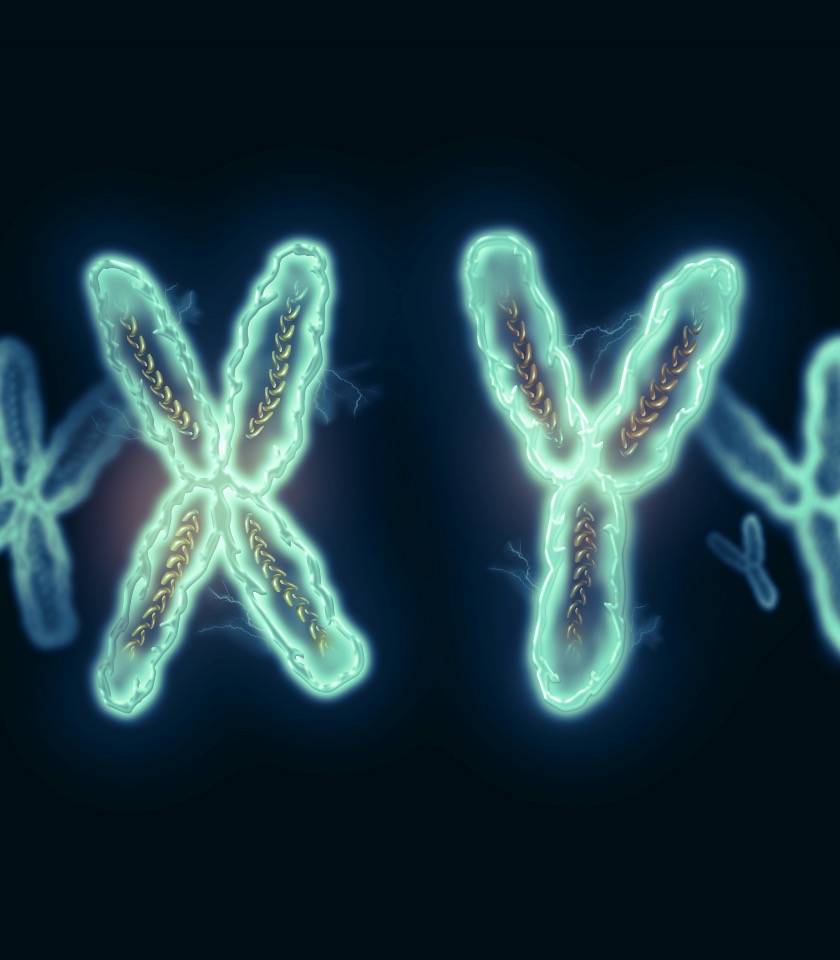KARYOTYPE - G BANDING
Karyotyping is one of the basic examinations that are indicated on the basis of genetic consultation in medical genetics clinics. This test is recommended in case the presence of congenital chromosomal aberrations in the patient's karyotype is suspected.
These include both numerical variations of whole chromosomes and other intra- and inter-chromosomal abnormalities such as deletions, duplications, inversions, insertions and translocations. Indications for karyotype testing are abnormal phenotypic signs in the proband, abnormalities of growth and development, mental retardation in personal or family history, stillbirth and death of the newborn, sterile or infertile couples (repeated spontaneous abortions), positive family history of chromosomal aberrations, screening of gamete donors.
Most chromosomal abnormalities in the foetus are numerical abnormalities (aneuploidy) of chromosomes 13, 18, 21, X and Y. These include an extra copy (trisomy) of chromosome 21 (Down syndrome), chromosome 18 (Edwards syndrome), chromosome 13 (Patau syndrome), chromosome X (XXX syndrome and Klinefelter syndrome XXY) or a missing copy (monosomy) of chromosome X (Turner syndrome). In this way, deviations in the number of chromosomes as well as balanced and unbalanced chromosome aberrations (rearrangements) are determined.
Infertility and recurrent abortion can also be caused by carrying a balanced chromosome aberration - a rearrangement (genetic material is quantitatively preserved but also distributed on another chromosome) in one of the partners. This creates a risk of passing on the unbalanced form of aberration to the foetus, where the genetic material is either in excess or missing. If the quantity and quality of the genetic material (information) is not preserved, this means varying degrees of disability for the foetus, or the embryo may die at the very beginning of pregnancy. If one of the partners carries a balanced chromosome aberration, about half of the embryos will carry the unbalanced form, a quarter will have the balanced form of the aberration (same as one of the parents) and a quarter will be completely free of the chromosome aberration.
Type of material to be examined: blood, chorionic villi, amniotic fluid, fetal blood, product of conception (tissue from abortion)
Indicating specialists: medical genetics
Delivery time: 10-20 working days
detailed information